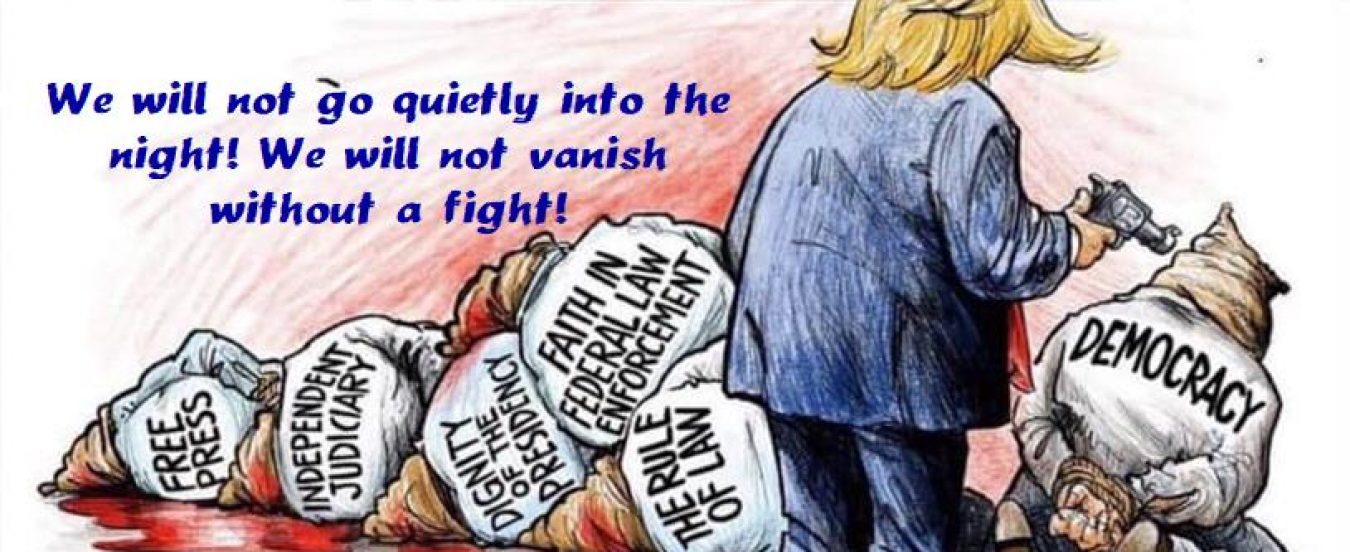He misunderstood me. He was a professor, a politician and a pal for about a dozen years – and evidentially a predator. I hesitate to cite his example since he can no longer defend himself – even if his first defense proved the case against him. He made no secret that the aphrodisiac of power was one of the reasons he had entered politics. This predilection of his was about the only thing we disagreed on. In the course of political or philosophical discussions, I chided him about his morals and he smirked at my naiveté. When, a part-time co-worker and college student told me that one of her friends had traded sex for a passing grade, I broached the subject with him. The next time I saw him, he reported triumphantly that he had checked his old grade books and that said co-worker had never taken his class. Thus, by misunderstanding me, he had shown that his behavior was such that he could not remember all of his victims.
We never had much to say to each other after that. I guess he was as content with his “proof” as I was saddened by his revelation. He misunderstood me. I understood him all too well.
Trying to understand the motives of predators puts us on a slippery slope toward acceptance, even if not approval, of their bad behavior. There is a false sense of inevitability where deterministic behaviorists, lay and religious, see no other possible outcome for the situation. But, everything appears inevitable looking backwards. A non-existent future provides infinite possibilities.
Another disturbing part of trying to understand sociopaths is the realization that we share a human brain with them, one as capable of self-justifications for our behavior even if it doesn’t reach their level villainy. Our aside aside, a lesson we can glean from my pal’s bad behavior is how little the victims mean to the perpetrators. They are objects; not I/thou equals. They do not matter. So, when a president or supreme court nominee claims a poor memory when his alleged assaults are brought to light, it means that he has a hard time distinguishing one victim, one incident from the next – because the perp’s life is all about himself, satisfying his lusts for power and domination. Sex is the weapon, not the motive.
The victims’ memories are much clearer. What is a passing exhibition of self-entitled privilege to the perp becomes a debasing, dehumanizing nightmare for the victim. We DO prefer to be treated as human beings, not objects. And, of course, it is that same objectification that victims of sexual assaults face when they speak out against their attackers: objects of scorn; objects of derision; objects to be doubted by those who join the attacker in objectifying – if not downright blaming – the victim.
Short of physical violence, I can’t think of anything much more despicable than to have the President of the United States – our President, mind you – mocking a woman’s sexual assault testimony. And the crowd – women included – cheered this further assault. What a sorry lot.
The #WhyIDidntReport response to our predatory president exemplifies the situation. A literary example of the narcissistic mind of the predator turns up in Lonesome Dove. Just before hanging his old pal Jake Spoon, Augustus walks over to him: “’Jake, you might like to know that I got Lorie back,’ he said.
“’Who?’ Jake asked.”
